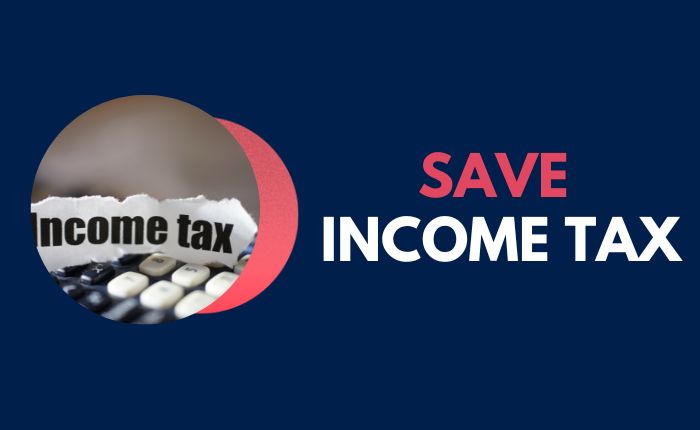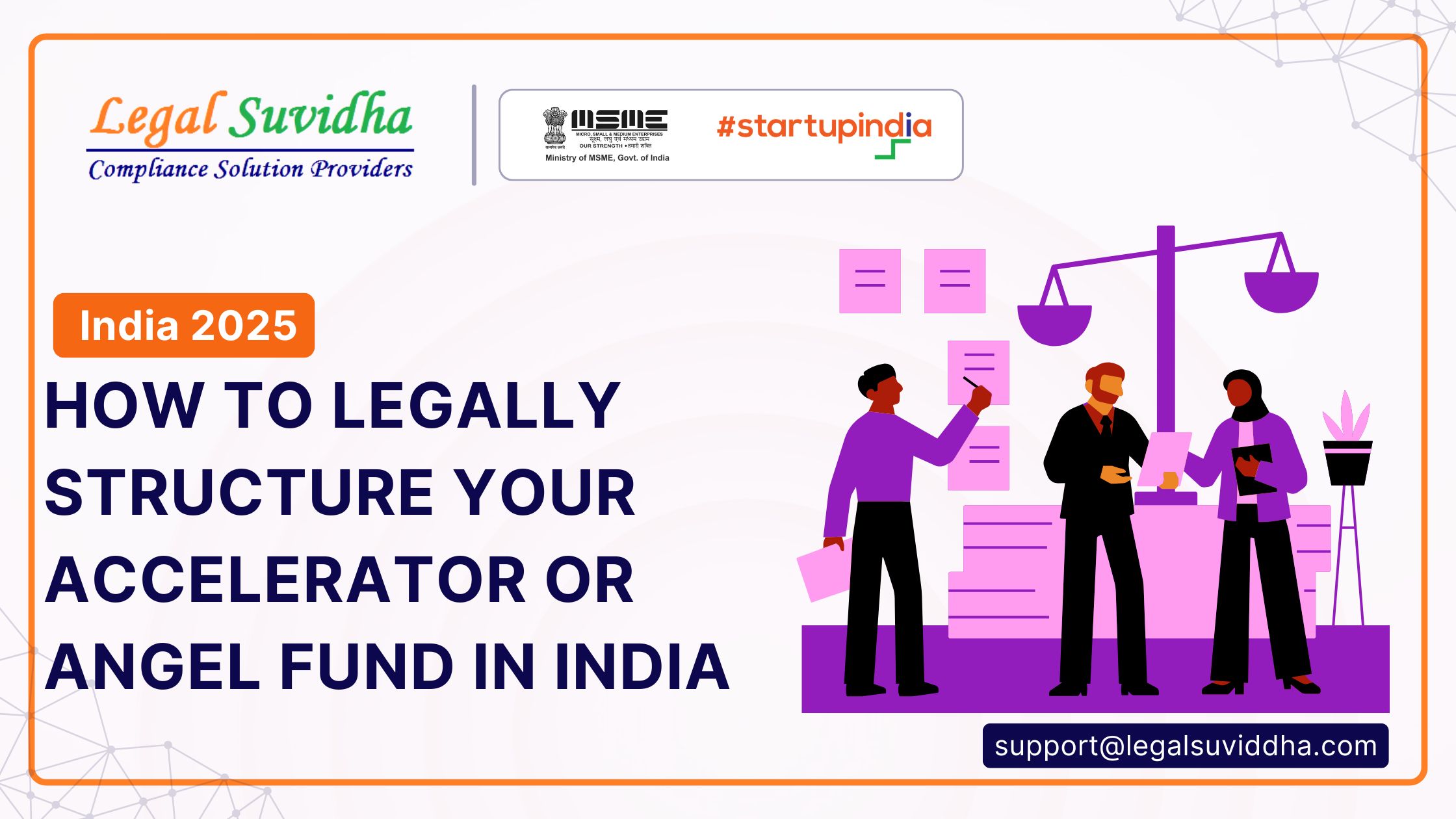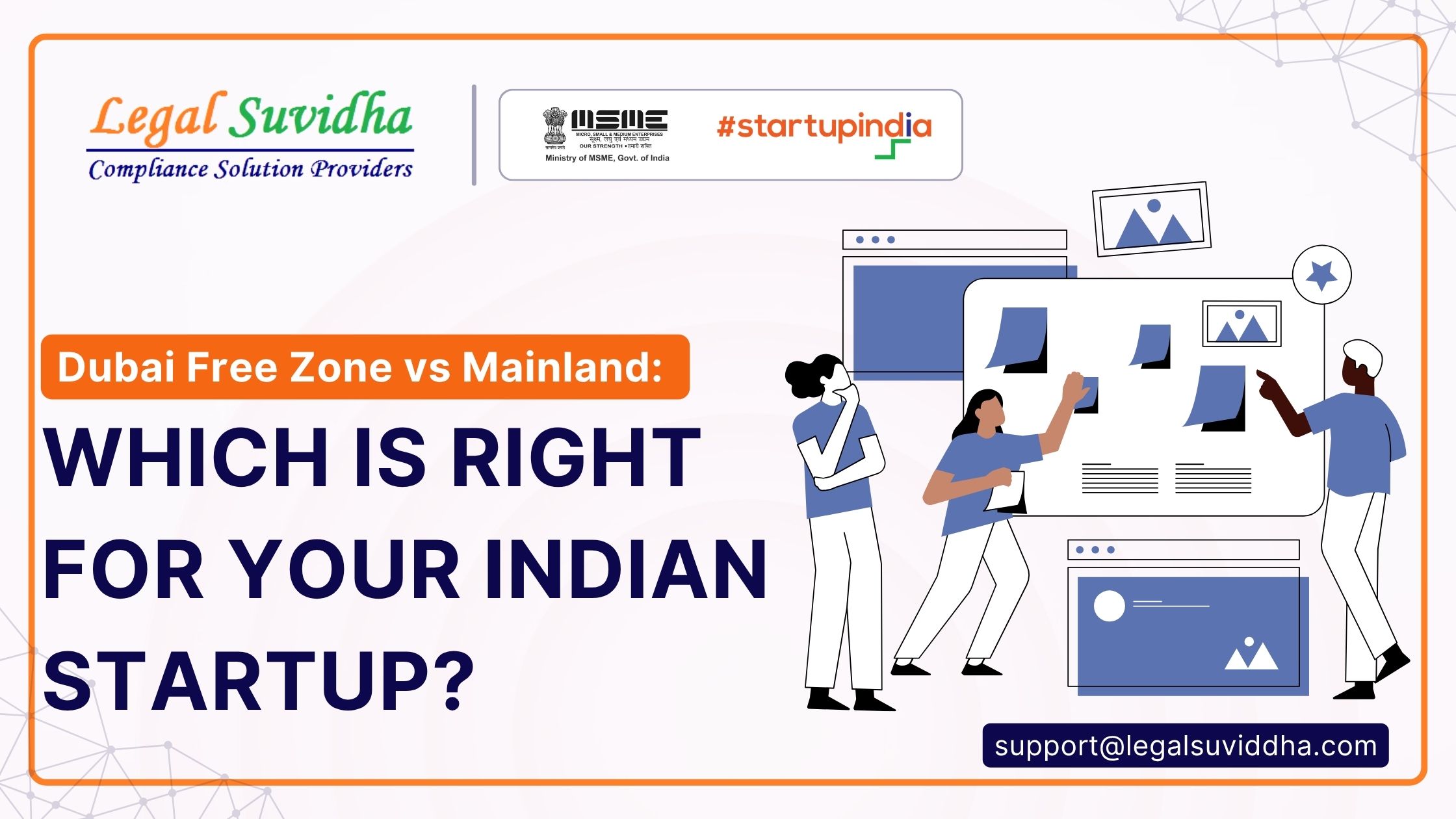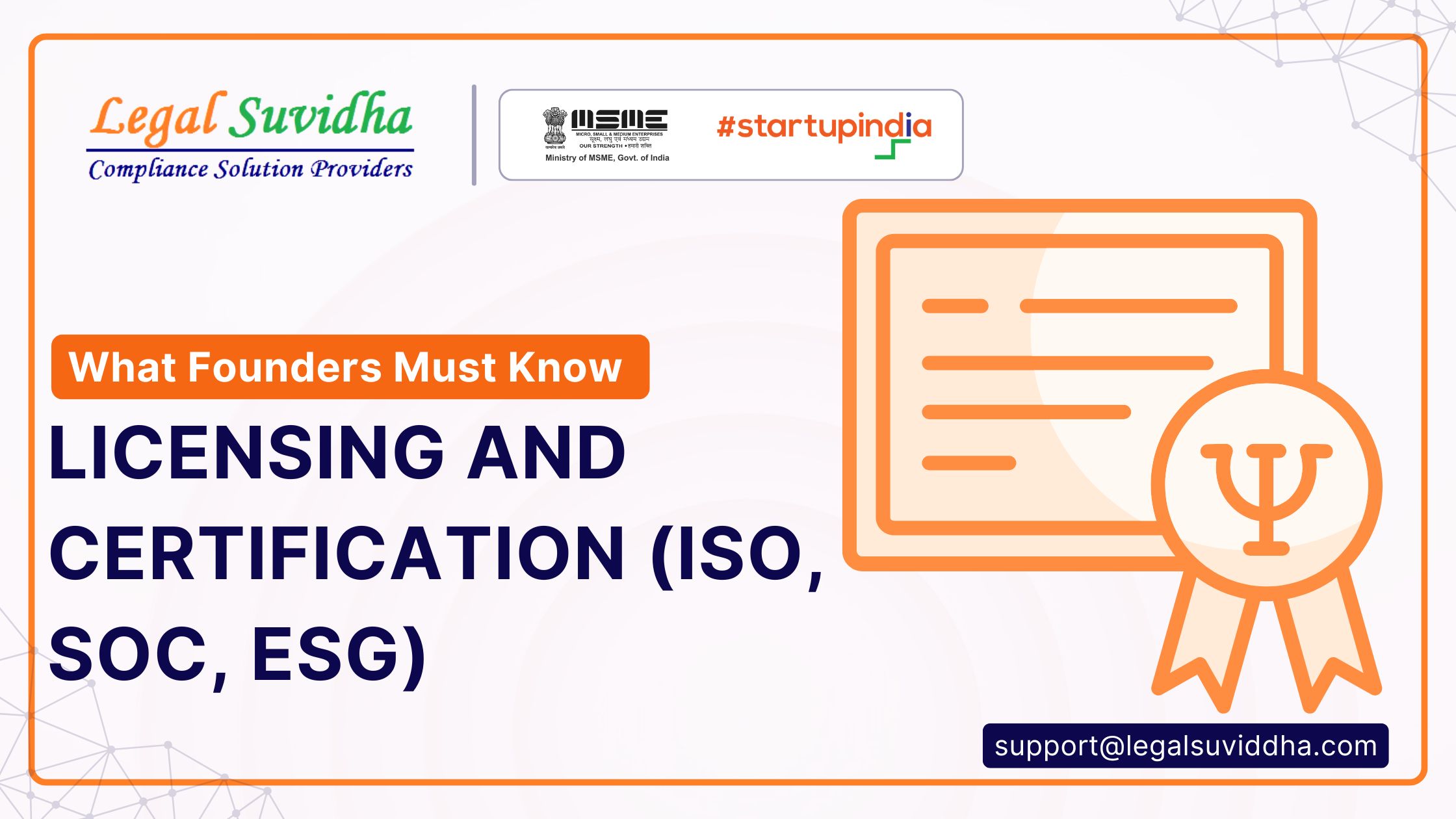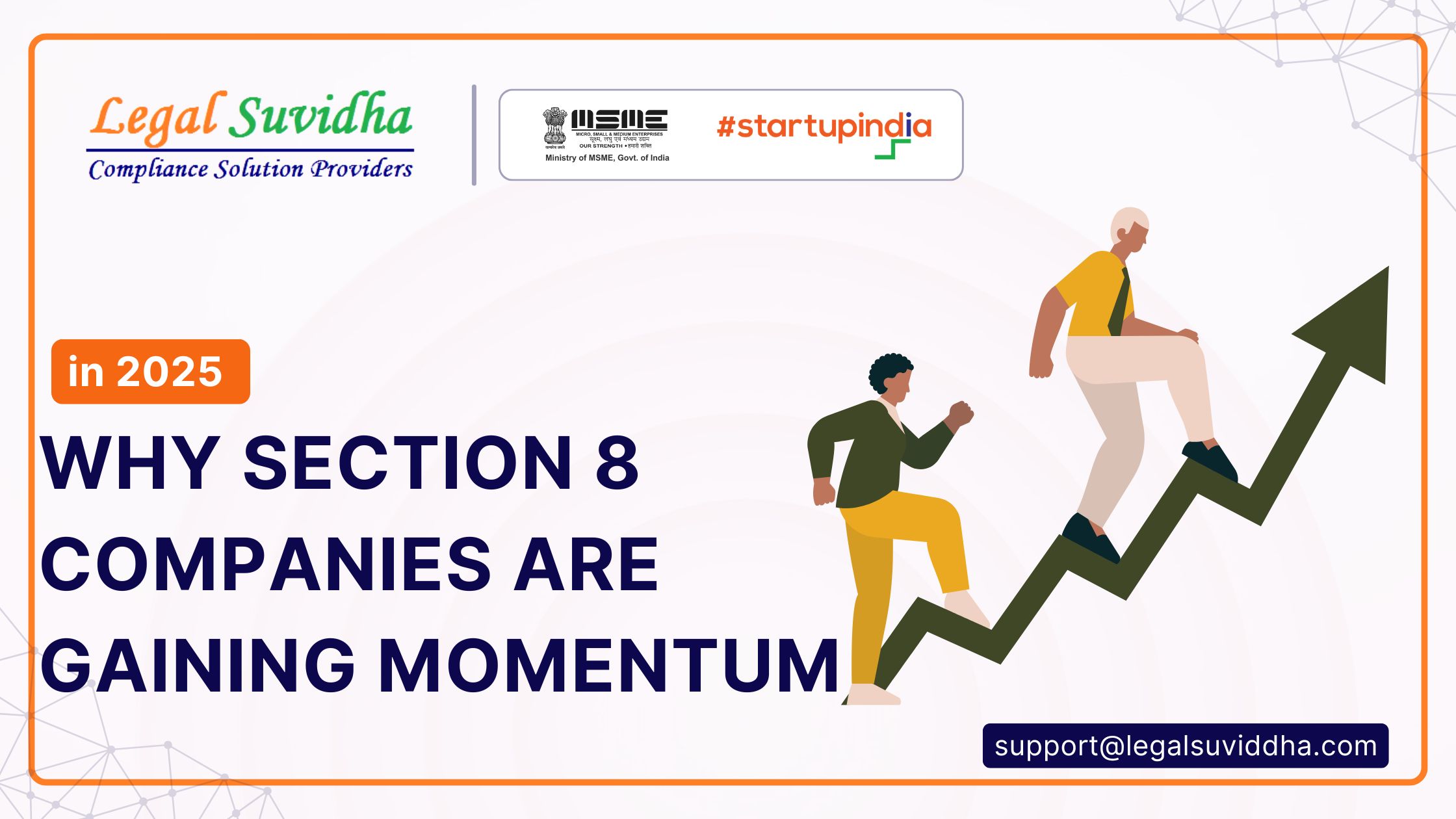2. Deduction on Principal Repayment: You can claim a deduction on the principal repayment made towards a home loan under section 80C of the Income Tax Act, 1961. The maximum deduction permitted under this section is Rs. 1.5 lakhs per year, which is part of the overall limit of section 80C.
- Section 80CCD: This section allows for an extra deduction of up to Rs. 50,000 for contributions made towards the NPS scheme, in addition to the deduction available under section 80C. It is known as Section 80CCD.
- Section 80D : Payment of Medical Insurance Premiums: Individuals can claim a deduction for paying medical insurance premiums for themselves, their spouse, dependent children, and parents. The maximum deduction allowed under this section is Rs. 25,000 per year. An additional deduction of up to Rs. 25,000 is available for paying medical insurance premiums for parents who are less than 60 years old, or up to Rs. 50,000 if they are 60 years or older. Therefore, a taxpayer can claim a maximum deduction of up to Rs. 75,000 (Rs. 25,000 + Rs. 50,000) under section 80D for the financial year.
- Section 80E: An individual can claim a deduction on the interest paid on a loan taken for higher education without any upper limit.
- Section 80EEB: An individual can claim a deduction on the interest paid up to Rs. 1.5 lakh on a loan taken for the purchase of an electric vehicle.
- Section 80TTA: Assessees, other than resident senior citizens, can claim a deduction on the interest earned on savings bank accounts up to Rs. 10,000.
- Section 80G: An individual can claim a deduction on donations made to certain funds, charitable institutions, etc. The limit of deduction varies depending on the nature of the donee. It can be 100% of the total donation, 50% of the total donation, or 50% of the donation with a cap of 10% of the gross income.

